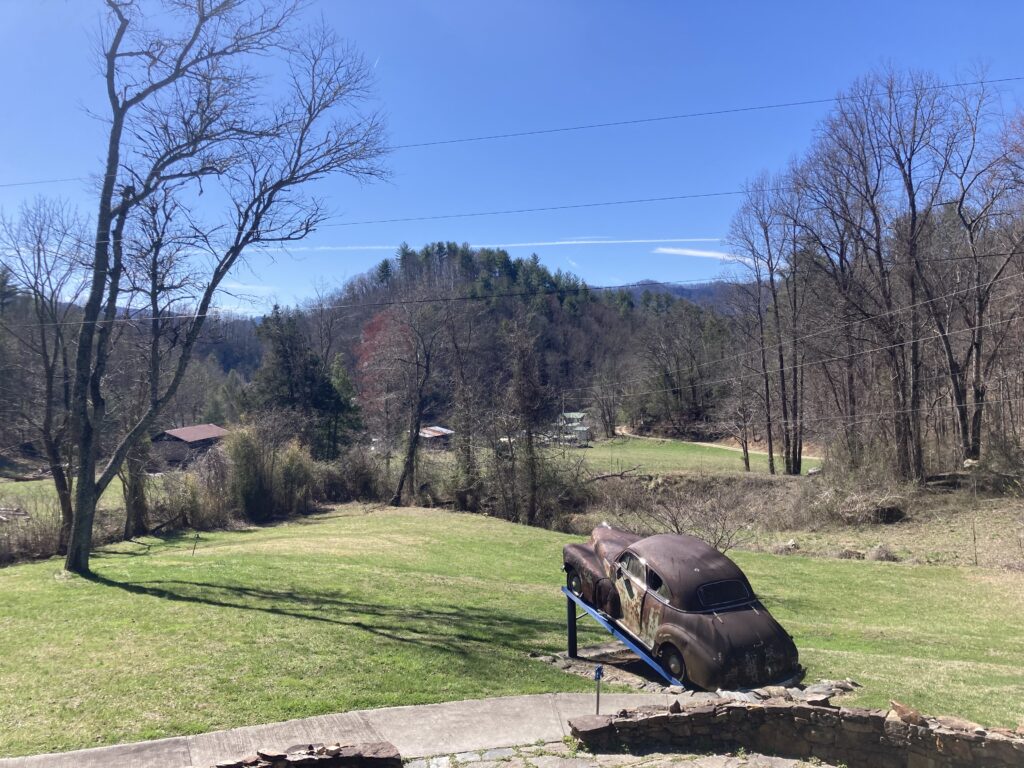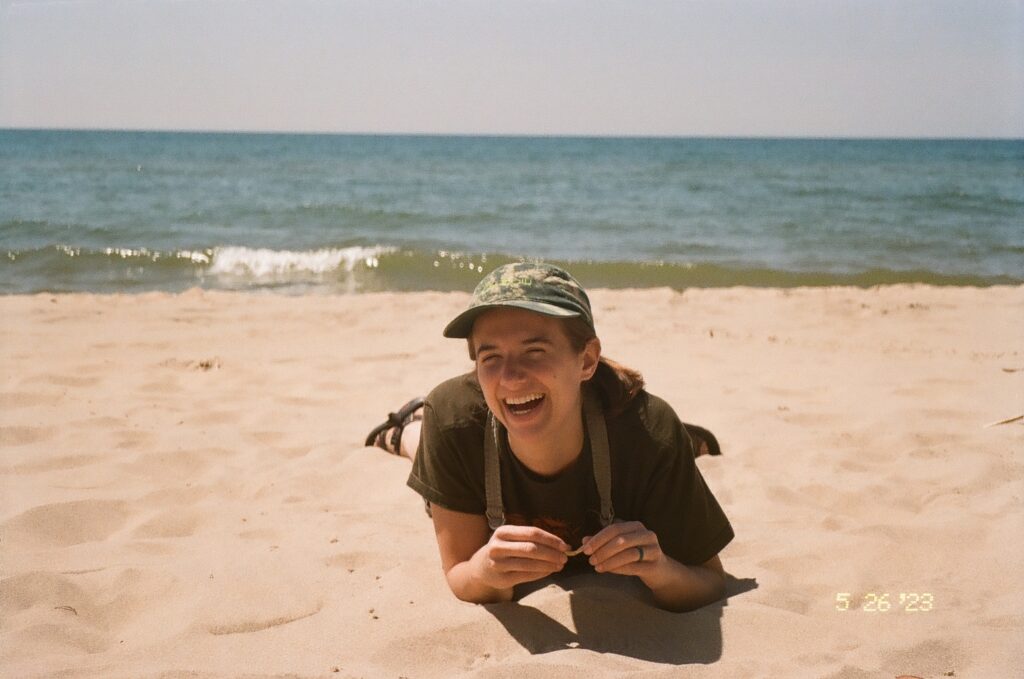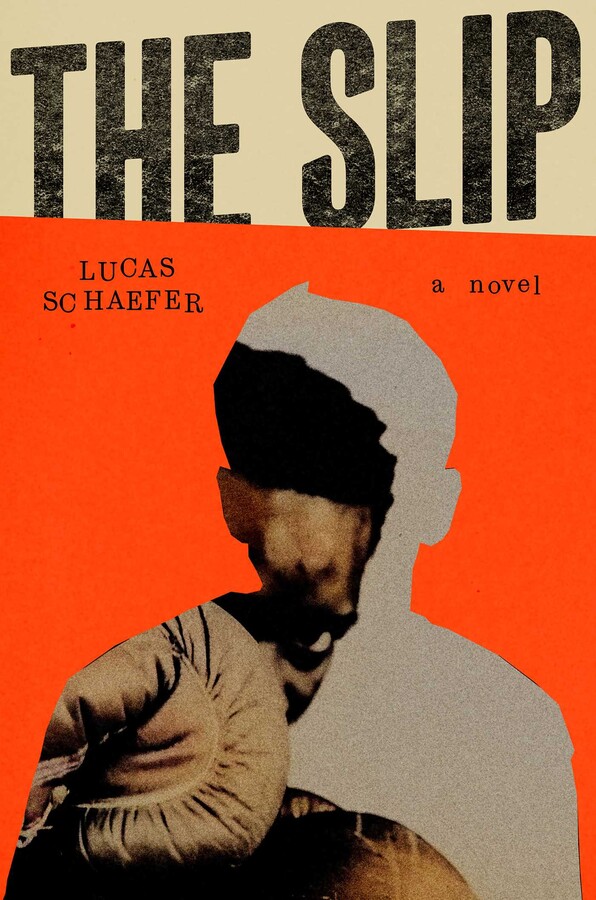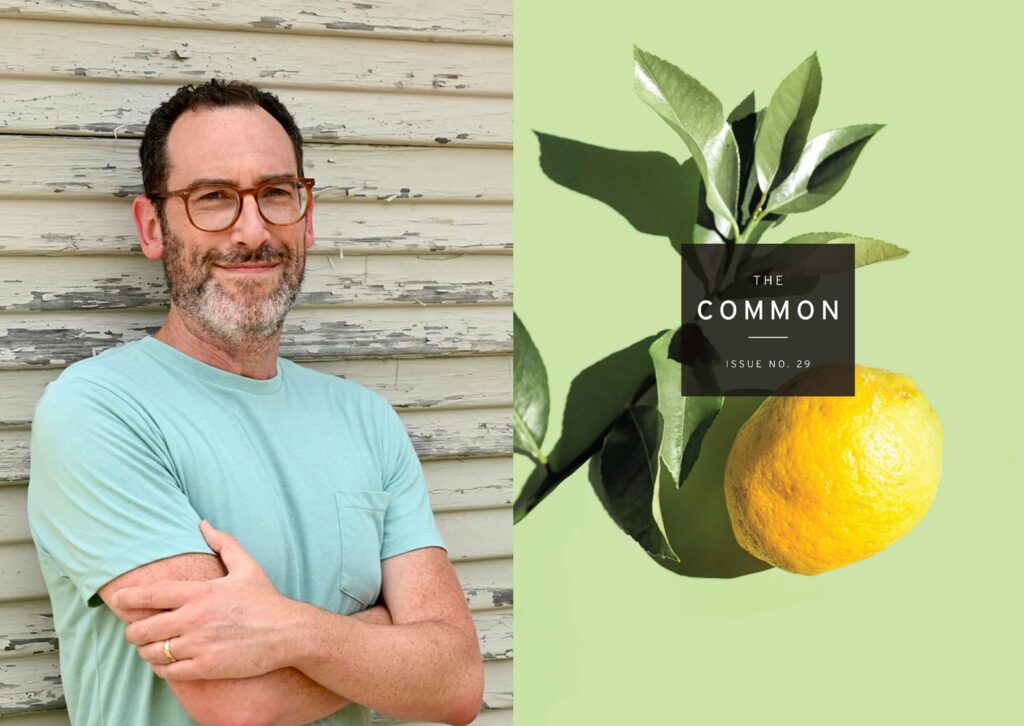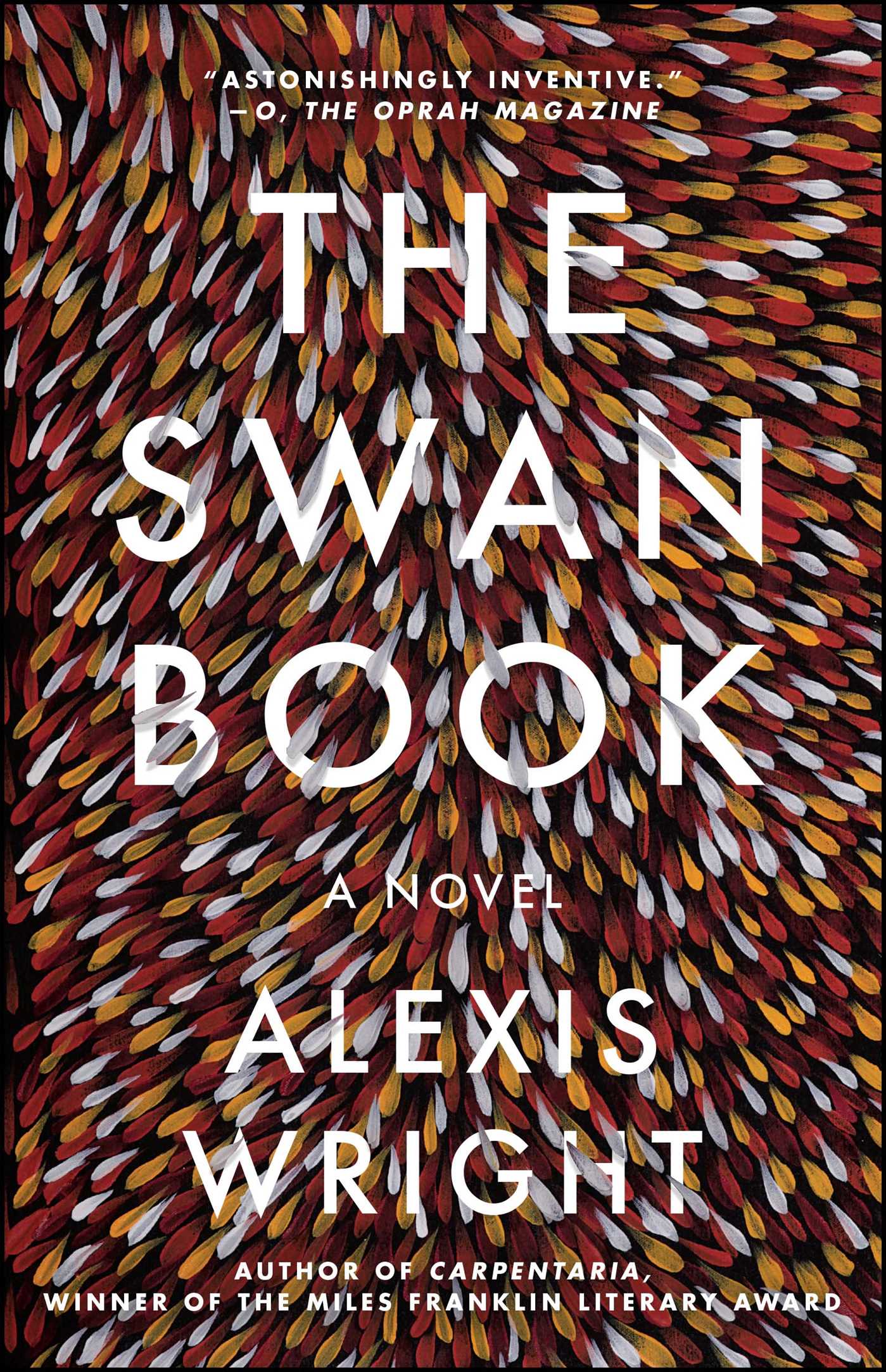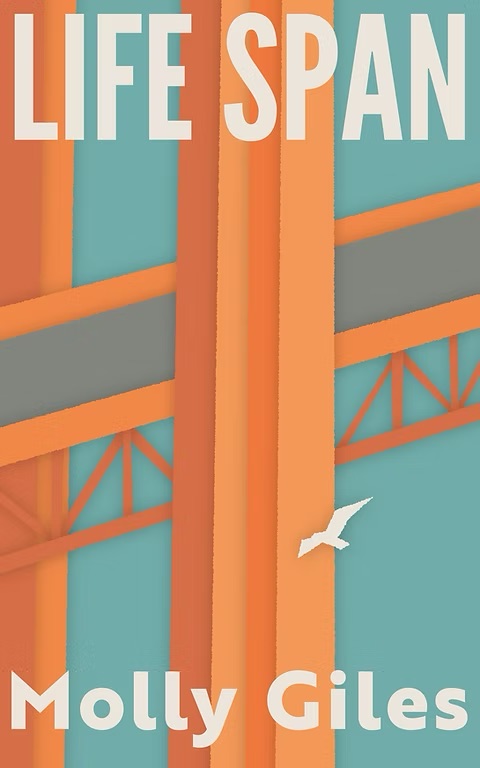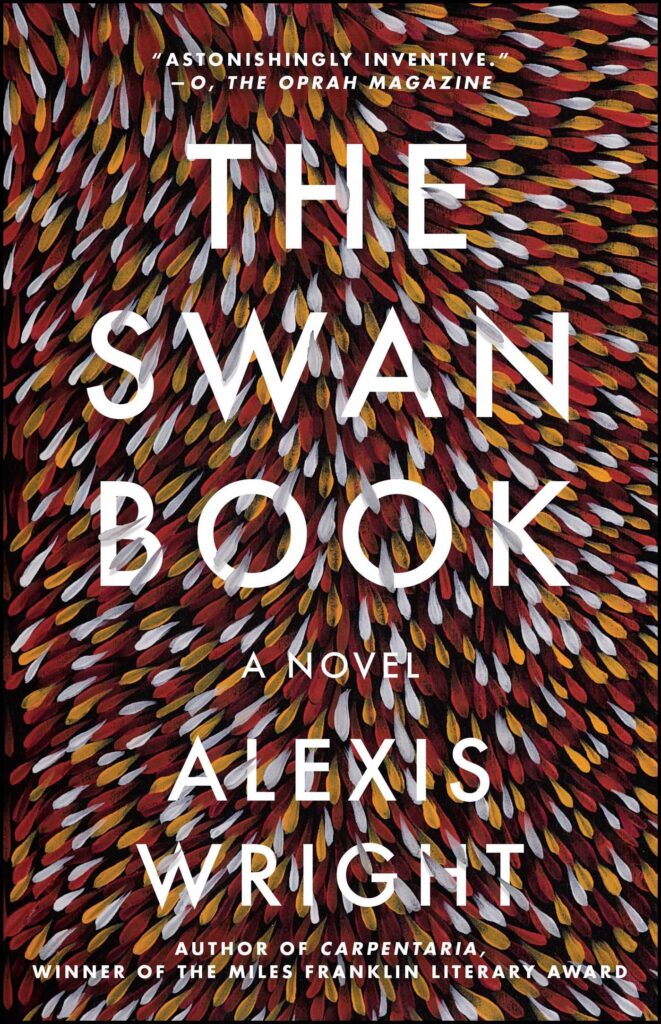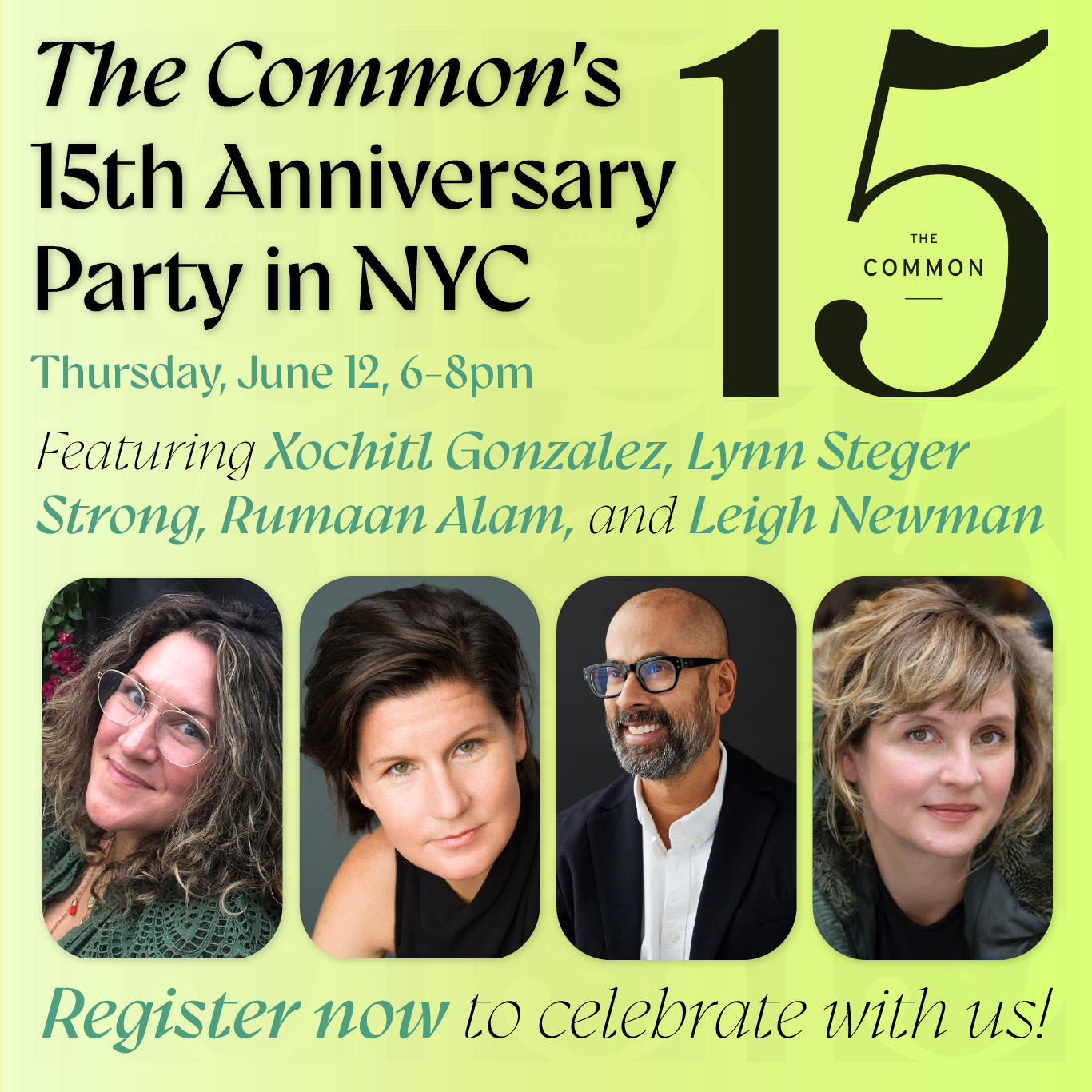Norfolk, Virginia/Virginia Beach, Virginia
When the whales wash up on shore, my friend grieves. I feel it too, but it feels further away. Deep in me, treading water, legs furiously churning under the surface. The first whale washes up on the oceanfront, just off the boardwalk. People drive out to stare at it. Its dark wet form deflates into the sand. I don’t drive to find it but think of it all day.
I scroll through the Facebook comments that claim it’s all the fault of the offshore windmills, the sonic waves mapping the ocean floor pummeling through the ocean. Everybody seems to have watched the same hoax-y documentary funded by the oil industry. But of course, it’s the boats. The whales scarred and torn up by container ships. 165,000 tons of steel running into migration paths.
I tell my friend how they necropsy the whale, cut it from tip to tail—they call it “peeling the banana.” Then, they cut it into small pieces and bury it right on the beach. My friend wails but I’m not sure how real her emotion is. She wants to dig into the beach to find the bones. She disappears from my life just as quickly as she shimmered into it—she goes to the swamp in Florida and never returns.
I am alone again, and another whale washes up. And another. And another. In the Outer Banks, a minke whale. Another, a juvenile humpback female. A common cause of death is entanglement—shattered vertebrae, inability to swim, caught in fishing nets. I, too, feel very tangled up. I cannot put into words the size of the sadness I feel.
I look at the striped belly of the humpback whale. Her huge frowning mouth. In a YouTube video, the waves push her back and forth on the sand, but she never returns to the water. She likely weighs over two thousand pounds.
I am afraid for myself and the whales. I am afraid for my friend, who worries that she will accidentally kill the child that she hopes for. Before her disappearance, every Tuesday and Thursday at lunch, she tells me she wants to die. There are only so many times I can hear it before I stop sleeping. She pours everything into me.
I cry on the shore, just looking for somewhere to put my sadness. Everything that fills me up. I am floating like a buoy, gathering barnacles and gulls. I become a shell, a hollow tube strung through with wire.
Only two windmills have been constructed in the ocean off the coast of Virginia Beach, over twenty-six miles from the shore. Some people, dining at the rooftop restaurant of the oceanfront Marriott swear they can see them turning. Still, the birds continue singing.
Facebook commenters continue posting:
“where are the spineless wastes of oxygen who care so much about this planet”
“the sonar”
“the windmills”
“heartbreaking”
“this is no mystery”
“stop lying”
“all those kids with a photo of a dead whale on their phone”
Norfolk, Virginia, is home to the largest naval base in the world. The ships are being built in a circle around the city—the banging never ceases. Every man I meet works for the shipyard or on base. Many of them never sail the ocean, but they build upon it.
The gales churn across the state and flood the streets with water. The cement walls in my building weep with moisture. A whale skull washes up on a beach in North Carolina and the news article is titled, “Oh, Whale!” I want to tell my friend, but she is already too far away, wandering the aisles of IKEA, looking at baby blankets, thinking about dying.
I think it is only inevitable before we see each other on the beach. On an oily downtown street, getting watery iced teas. At the local museum, staring at strings of floating pink glass.
The whale’s skull is gray and dark—it looks like a stone from an alien world. I wish I could pick it up and carry it. Seven whales wash up on the East Coast in thirty-eight days, and everyone is screaming. It is so easy to invent an apocalypse. I, too, sometimes wish the world was ending.
I watch an ant crawl across my notebook on the table outside the coffee shop and it is a smallness I cannot fathom. In the same way, I stare at the schooners docked at the harbor festival—all the ropes tangling and flapping in the strong winds. I’ll never know where they lead.
A fathom measures how deep the water is—the unit of measure is six feet. It comes from the Old English word meaning “outstretched arms.” Perhaps it is an embrace, a closeness, as our hands stretch further and further apart.
Sara Ryan is the author of I Thought There Would Be More Wolves and the chapbooks Never Leave the Foot of an Animal Unskinned and Excellent Evidence of Human Activity. Her work has been published in Brevity, Kenyon Review, Diode, and others. She lives in Norfolk, Virginia, where she is an Assistant Professor of English at Virginia Wesleyan University.




